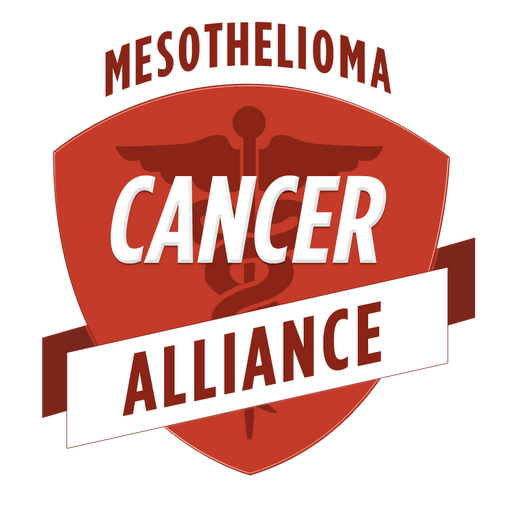 In the past, when a person had a cancer diagnosis, they typically were told by their doctors to rest and not to overly exert themselves. However, recent research suggests that cancer patients need to be told exactly the opposite of previous advice and should become more physically active no matter what stage they are in with their cancer treatment.
In the past, when a person had a cancer diagnosis, they typically were told by their doctors to rest and not to overly exert themselves. However, recent research suggests that cancer patients need to be told exactly the opposite of previous advice and should become more physically active no matter what stage they are in with their cancer treatment.
Benefits of Physical Fitness
Physical fitness for mesothelioma and other types of cancer have now been well documented. According to the National Cancer Institute, being physically active and fit has multiple benefits for cancer patients. Even mild activity can help a patient’s overall health and contribute to weight control and improved stamina. For many people, weight loss due to physical activity also helps control obesity and diabetes risk.
Being physically active can also improve blood pressure and cardiovascular health. Lung capacity also improves, making it easier to breathe.
There are also mental health benefits to being physically active. Some of the most common symptoms associated with cancer include depression and anxiety. Individuals with cancer may doubt the physical attractiveness or feel they are a burden to those around them. However, by becoming physically active, patients often begin to see improvement in their feelings and emotions. They may begin to feel more hopeful about the future as their body is able to accomplish more and they are able to engage in activities they have enjoyed in the past.
Physical activity also usually provides increased mobility, which can be extremely important emotionally and physically when it comes to fighting cancer. Decreased mobility means the inability to visit friends, go out on routine errands and maintain independence. It can also mean being unable to walk, being easily fatigued and simply not feeling able engage in activities. However, even with mild to moderate physical activity, many patients begin to feel better. They are able to be more social, feel more energy and are able to be more independent.
Recommended Activities
Almost everyone can be physically active to some degree. Patients do not need to run marathons or become a body builder. They simply need to become more active overall. Maybe its parking your car further down the street at the grocery store or taking the dog for a nice brisk walk more often.
However, individuals who have difficulty with mobility, mild stretching exercises can help with improved balance and mobility. It can improve stamina and muscle strength. Yoga and Pilates are recommended exercise programs, in addition to working with a balance ball and rubber exercise bands.
Walking is recommended for individuals to build stamina. For patients starting out, start by walking down the driveway or taking a short walk up and down the street. As stamina improves, walks can be longer. Many patients report that simply being outside improves their mood and energy levels. Also, as you are able to walk longer distances, your self-confidence will improve and you will feel better about yourself.
As your stamina improves, you may want to add other types of physical fitness activities. Consider swimming, bicycling or running to improve cardiovascular health and improve muscle tone and strength.
Long Term Benefits of Physical Fitness
No matter where you are in your cancer treatment, you can reap the long-term benefits of physical fitness. Individuals who are physically active tend to have better survival rates than those who are not fit. Additionally, recurrence levels are much lower for people who are physically active. With continued activity, it is easier to maintain weight control and cardiovascular benefits, such as healthy blood pressure levels and lean muscle mass.
No matter where you are in your fight with cancer, you can benefit by being physically active. You do not need to run marathons. You just need to get moving and become more active. You can improve the quality of your life, begin to feel emotionally better and be much more able to fight the cancer in both the short and long term.
(Article contributed by David Hass of The Mesothelioma Cancer Alliance)




